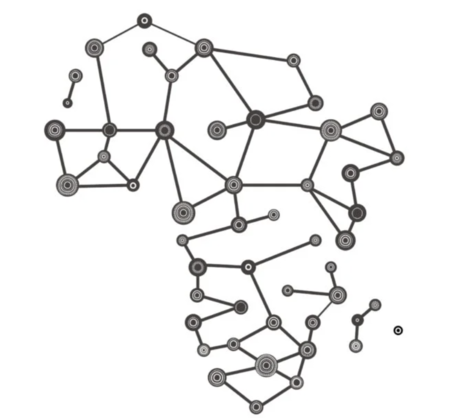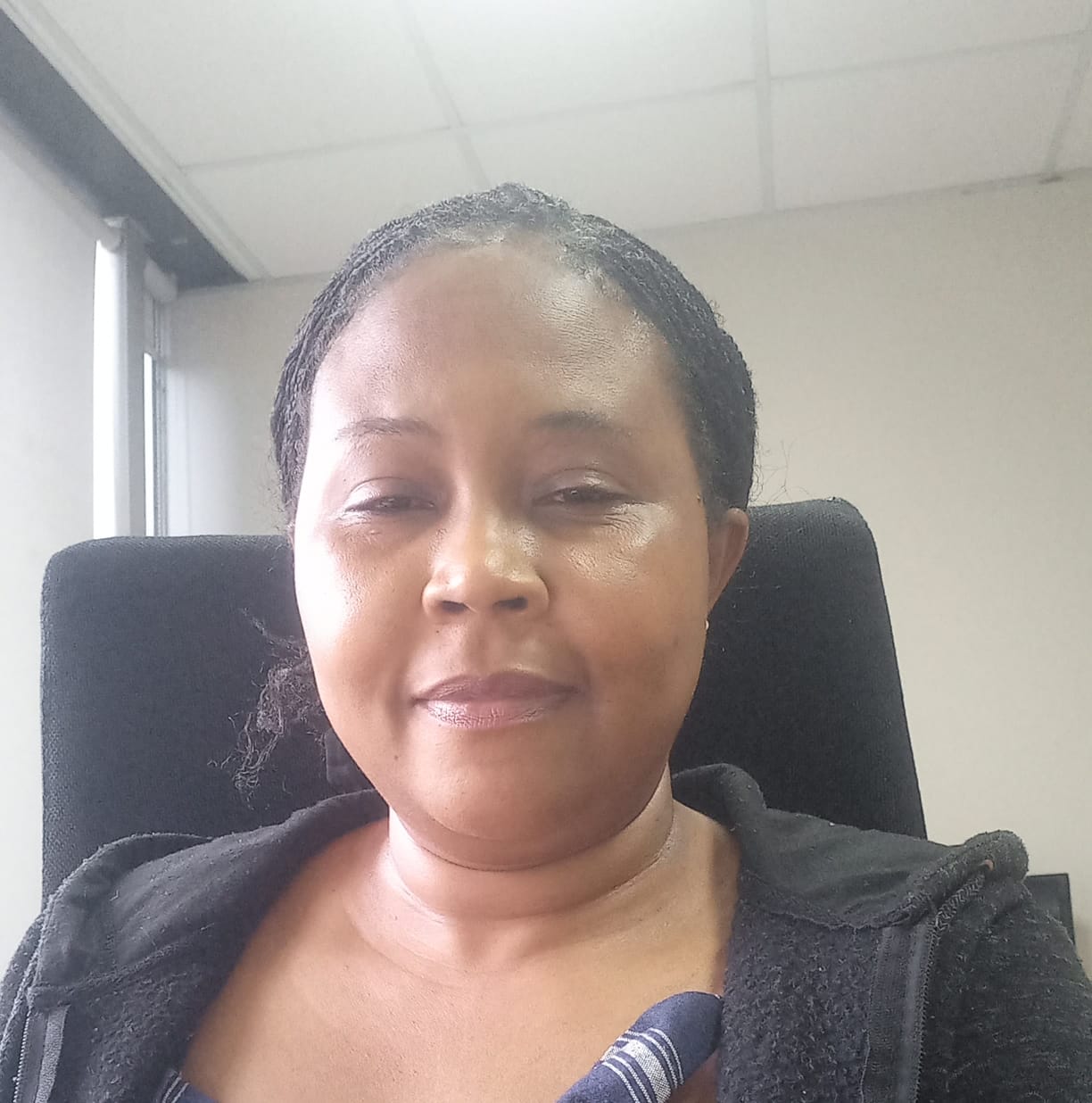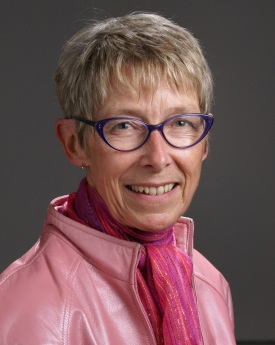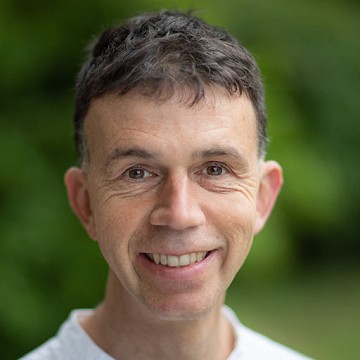Biographical narratives of African post-doctoral fellows in a global academy – Webinar 1: African research and the global science system series
- Otilia Chiramba, University of Johannesburg
- Lynn McAlpine, University of Oxford
- David Mills, University of Oxford
Event Materials
This event is now archived and we are pleased to provide the following event media and assets, along with the original event overview.
Register here

Speaker: Otilia Chiramba
Chair: Lynn McAlpine
Series introduction: David Mills
The number of PhDs who pursue post-doctoral fellowships is rising gradually. Increasingly, post-doctoral fellowships are a necessary stepping-stone for academic careers. However, there are a number of barriers to achieving this goal. This includes their treatment as students within institutions, low stipends, and a lack of basic benefits such as health insurance. Post-doctoral fellows bemoan their lack of recognition, especially the amount of time they spend on informal supervision of students and working on their supervisors’ projects. While there is research on the barriers to navigating fellowships, we lack work that specifically focuses on African experiences. We also lack knowledge about how post-doctoral fellows from Africa navigate this terrain at home or abroad and become successful. Biographical narratives that integrate work and life decisions help us understand that post-doctoral experiences vary from individual to individual. Such studies are scarce in Africa as elsewhere. This paper will draw on data from the Global State of Young Scientists (GloSYS) Africa Project, a Global Young Academy initiative which involved Early Career Researchers from 14 African countries. Of the 57 PhD holders interviewed, seven post-doctoral fellows become the focus of this paper.
About the CGHE webinar series on African research and the global science system
This special CGHE webinar series explores the challenges facing African research in a global science system. Our four speakers bring research-informed perspectives from Ethiopia, Nigeria, Uganda and South Africa, and collectively focus on the intertwined dynamics of political economy, institutional cultures and academic mobility. Drawing on qualitative case studies, narratives and auto-ethnography, they explore the different challenges that Africa’s researchers face whilst training, working and publishing. These include personal narratives of early career researchers (Chiramba), the political economy of knowledge production (Zegeye), academic mobility and migration (Adebayo) and the role of publication requirements in academic careers (Ssentongo).
In many countries, there is a shortage of funding and time for research, and so too for doctoral supervision support. In search of funding and resources, some researchers go ‘outside’ for doctoral study, but this can reinforce academic dependency and a pejorative ‘brain drain’ discourse. The alternative is to survive material discomfort and academic precarity. University research and publishing infrastructures are often neglected, partly because academics are under pressure to prioritise international journals for their work. Drawing on debates from postcolonial theory, the series explores academic pessimism and Africa’s potential research futures.
You need to register individually for each webinar in the series. You can register for the other webinars in the series here.
Event Materials
This event is now archived and we are pleased to provide the following event media and assets, along with the original event overview.
Booking
You will need to register to join this webinar. Please register here




